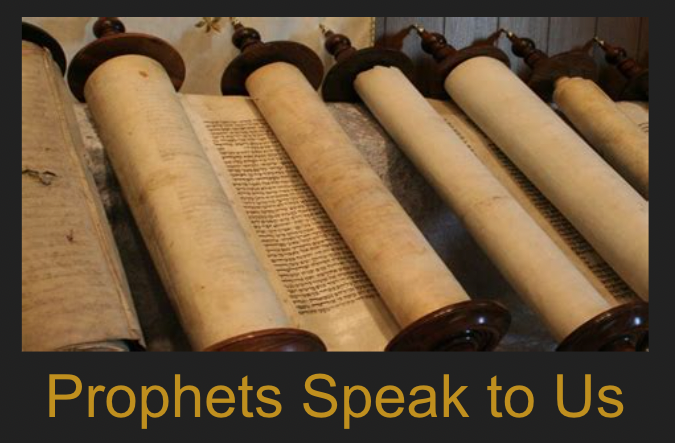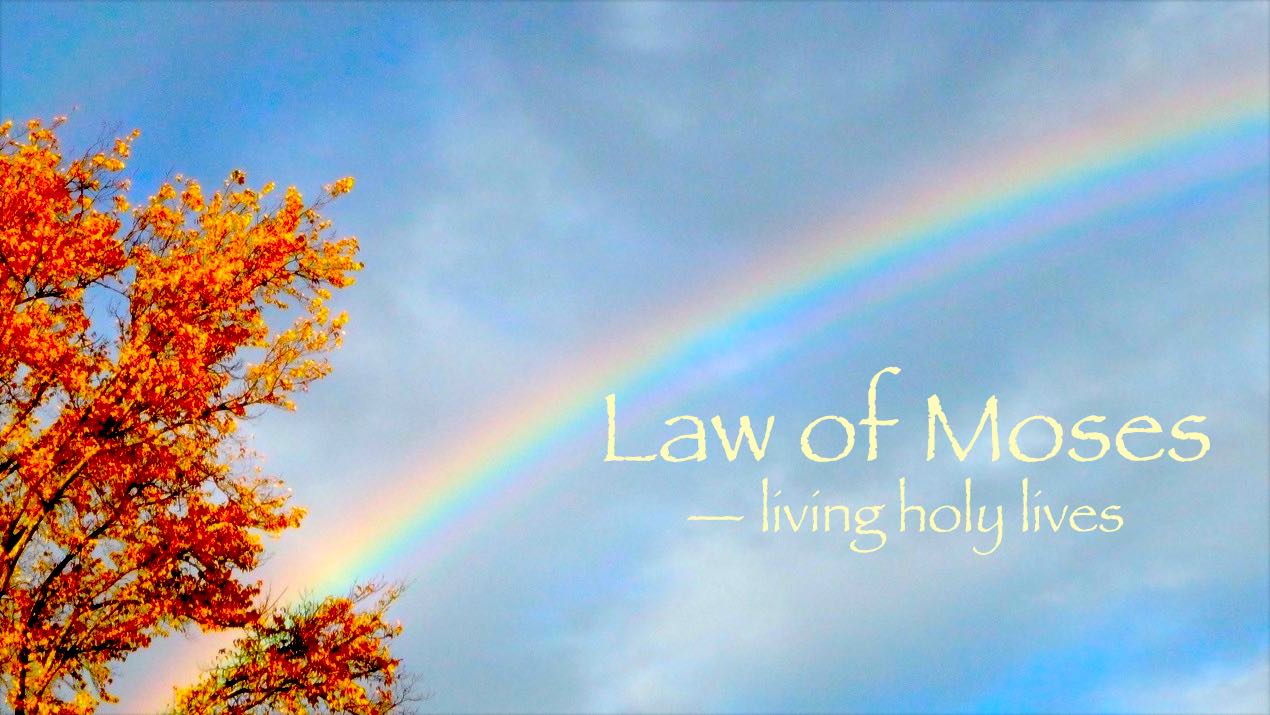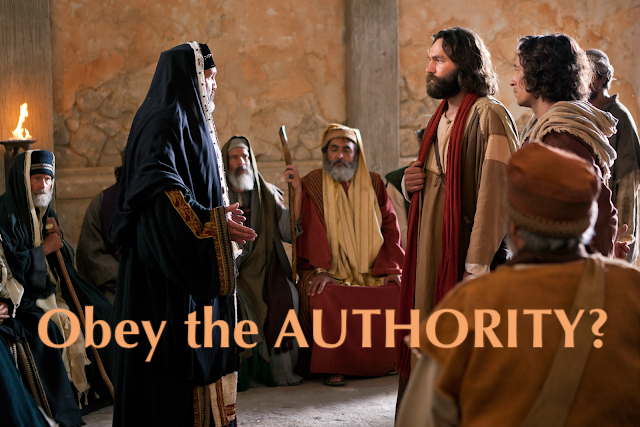
View the video on Minds
https://www.minds.com/newsfeed/1310373865045626897?referrer=JudeoChristian
<
Jesus Affirms the Role of the Prophet
Jesus told his followers that they should not misunderstand his intentions. He did not come to abolish the law or the prophets. Rather, Jesus understood the important role of the prophet in ensuring that God’s purpose would be achieved. This is an inconvenient truth for many who are teaching and governing in harmony with the politically correct notions of our time. Like their ancient predecessors, today’s hypocritical leaders want to look good, but in reality they are pretentious evil-doers from Jesus’ perspective. Jesus castigated the ‘virtue signalling’ frauds of his day by calling them the sons of those who murdered the prophets. But why did their ancestors murder the prophets? And why were the Pharisees willing to murder Jesus, the prophet?
Prophetic Messages in Troubling Times
The problem with prophets was that they were iconoclasts. They were willing to stand up and say, “NO!” to the wayward, and corrupt habits and assumptions of their day. Speaking for God, their job was to reconcile the people to God. The prophet under inspiration was to speak God’s mind on matters and deliver his message. In some cases it was a ‘foretelling’ of future events, but in other cases it was ‘telling-forth’ and delivering what God wanted people to hear in the moment. In the scholarly work, The Prophets, by Avraham Heschel, he concludes that the prophet’s role was to vocalize God’s yearning. Often in a time when the people were tottering on the edge of disaster, having defiantly rejecting God, the Lord God implored humanity to turn to him … to change their course.
The prophets often spoke during a time of extreme duress. These were times when the people were deaf to the truth, the reality of the circumstances and what they portended for their future. But as much as the prophet warned of the impending calamity and doom, yet they always ended with a message of redemption and hope. The role of the prophet was to remind the people of their sins, but to also offer a way back to God. People could repent, change their heart, embrace God’s ways, and turn-around to walk a different path. There was a time of refreshing and restoration that would come to all of those who would listen to, and obey the prophet.
Divulging the Divine Narrative
The prophets came from many walks of life, from priest and king, to farmer and herder. And you could think of them in modern terms as ‘analogue interpreters.’ The role of prophet was to provide the Divine narrative and point of view. And yet, their message was also grounded in the personal experience of the prophet and the situation he was experiencing. Jeremiah was such a man, caught up in the turmoil of his time, and imprisoned for his warnings of national calamity. Preaching during the time of Zedekiah, Jeremiah knew that the countryside had fallen under the hand of the Babylonian forces and Jerusalem was under siege.
Jeremiah warned the people that their attempt to fight the Babylonians would not succeed, and as a result he was considered a traitor. It was a grim situation, as the nation was surely going to be exiled into captivity. However, surprisingly, God gave Jeremiah an unexpected message. When his cousin came to offer his field outside of Jerusalem for sale, Jeremiah should buy it! Obeying God, Jeremiah paid 17 pieces of silver and had the transaction witnessed by all in the courtyard of the Palace Guard. But what did it all mean, as it seemed to make little sense in the face of the imminent disaster? So though he did not understand, he did as God requested. Jeremiah was convinced that nothing was too hard for God. Israel would again return after their prophesied captivity and the land title would once again have meaning in the future.
Prophets: Warning and Vision
Curiously, in the past few years excavations in Jerusalem have added their weight of evidence to the biblical account. The archeologists were surprised to see in the burn layer they were uncovering some interesting artifacts: Scythian arrowheads, lamps, and gold jewelry. These all suggested an invasion of Jerusalem in 587 BCE as Jeremiah had anticipated and the bible recorded. Jeremiah had fulfilled the role of the prophet. He had warned the people of the consequences of their rejection of God, his standards, and his promise of protection. But they did not heed the warnings. They continued to stubbornly pursue their syncretistic ways, indulging in pagan rituals including the sacrificing of their infants to Baal. These were things that God abhorred. So God removed his protective hand and allowed the enemies of Judah to prevail at that time. Jerusalem was burned and the people were taken in captivity to Babylon.
And yet, God also promised to rebuild and restore Jerusalem, and this promise has come to pass over the centuries. Though a final fulfillment of a city at peace governed by the Lord God is yet future. Peter encouraged the brethren in his day to remember the prophets. Their messages included warnings of the futility of mocking the Creator and forgetting his works and coming day of Judgment. But the prophets also encouraged the people to be the kind of people God envisioned – walking with him in sincerity and godliness. God is patiently waiting for his people to return and follow him so he can bless them. Will we be among them?








